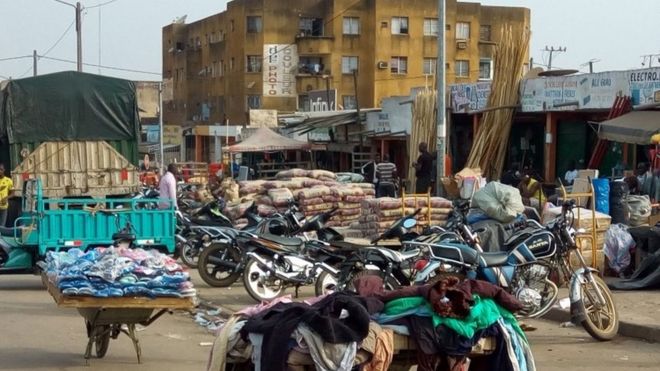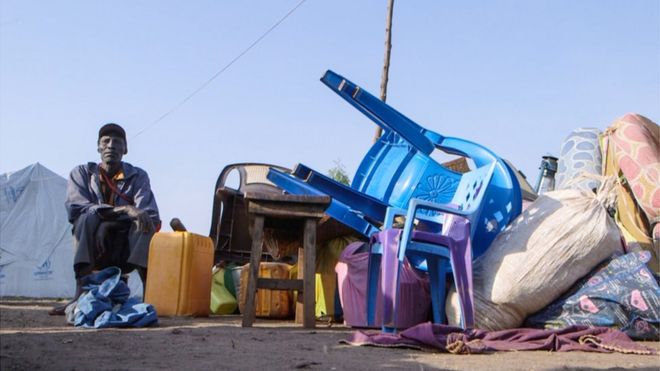By Samantha Netzband
Impunity Watch, Africa Desk Reporter
MOGADISHU, Somalia– Beled Hawa, a town in western Somalia, has banned lavish weddings. Leaders are growing concerned that the large, lengthy, and costly ceremonies are slowing down marriage rates. Leaders hope this measure will help increase marriages and therefore reduce migration from the area.
A wedding of Somali migrants in Wellington, New Zealand. (Photo Courtesy of The Independent)
There are many different types of restrictions. First, is the limit on spending for gifts. For new household furnishings for the couple, no more than $600 can be spent. Then, there is a restriction on bride price, which still exists in Somalia. Brides can be purchased for no more than $150. Finally, there are restrictions on the actual ceremony and reception. No wedding receptions are to be held in hotels, and no more than three goats may be slaughtered to feed guests.
Although none of the new restrictions are aimed at it, Somali wedding celebrations can go on for weeks and leaders hope these restrictions may help curb that. It is not unusual for a groom to spend $5,000 on a wedding, and some women were refusing to get married if they did not get lavish expensive weddings. Beled Hawa’s commissioner told BBC that “Islamic teachings indicated that getting married should be cheap.”
For more information, please see:
BBC Africa – Somali town bans lavish wedding spending – 13 January 2017
The Independent – Somali town bans expensive weddings in bid to reduce migration – 13 January 2017
XOGDOON News – Somali town bans lavish wedding spending – 14 January 2017
WB News – Somali town bans lavish wedding spending – 13 January 2017




